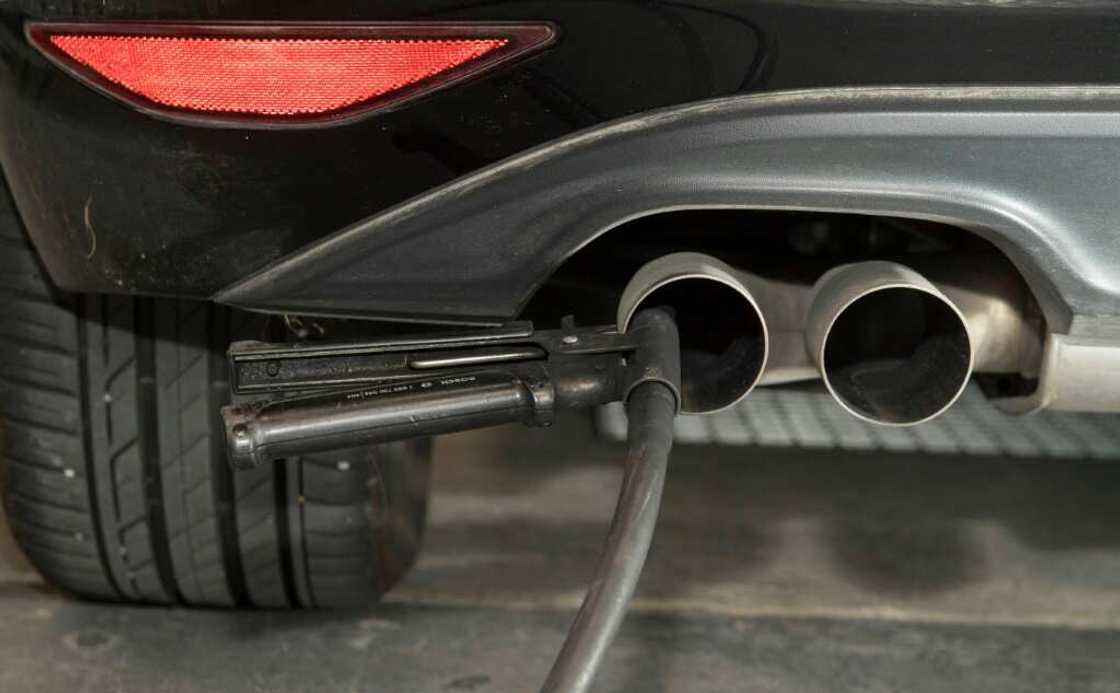EU Combustion Engine Ban Under Scrutiny as German Leaders Call for Review
German Chancellor Friedrich Merz has called for the European Union to abandon its 2035 deadline for phasing out new combustion-engine vehicle sales, highlighting growing concerns about the German automotive industry’s competitive position.
Speaking to ntv channel ahead of a crucial Thursday meeting with automotive sector representatives, Merz labeled the EU ban “wrong” and expressed his desire for Germany to withdraw support for the measure. The chancellor’s stance reflects mounting pressure from German automakers who are struggling to compete with Chinese manufacturers in the electric vehicle market.
Major German automotive manufacturers, including Volkswagen, BMW, and Mercedes-Benz, have expressed skepticism about meeting the EU’s timeline as they face challenges in developing competitive electric vehicle divisions against emerging rivals like China’s BYD. The situation has become more pressing with Porsche, a Volkswagen subsidiary, recently announcing significant delays in its electric vehicle rollout due to weak consumer demand.
The debate has created tension within Germany’s governing coalition. While Merz is pushing for a reversal of the ban, Environment Minister Carsten Schneider, representing the center-left Social Democrats (SPD), remains unconvinced about abandoning the target. Both parties are working to reach a consensus before Thursday’s industry meeting.
The EU has already shown flexibility on the issue, pledging last month to expedite a review of the 2035 target in response to industry concerns. Merz emphasized the continued importance of diesel engines, particularly in truck manufacturing, arguing that restricting research in this area would constitute a “serious mistake” for Germany.
Looking toward future solutions, Merz advocated for enabling rather than restricting technologies, highlighting the potential of synthetic fuels that could allow combustion engines to operate in an environmentally friendly manner.
The situation underscores broader challenges facing Europe’s largest economy, as its automotive sector grapples with intense competition in the Chinese market, declining demand, and a slower-than-anticipated transition to electric vehicles.







Leave a Comment